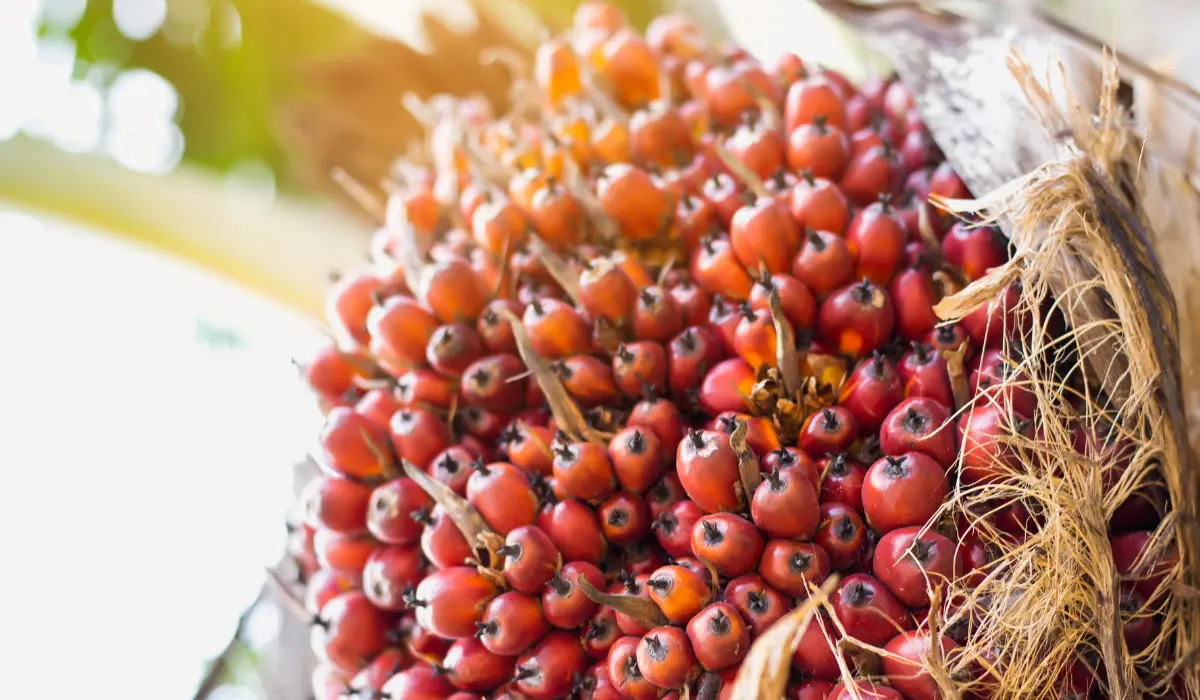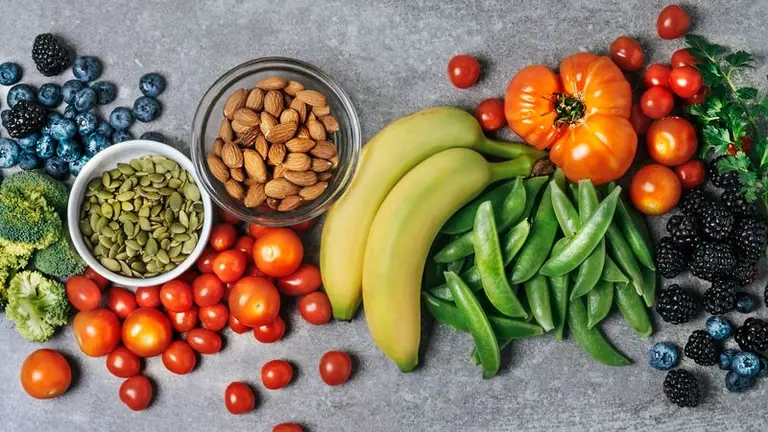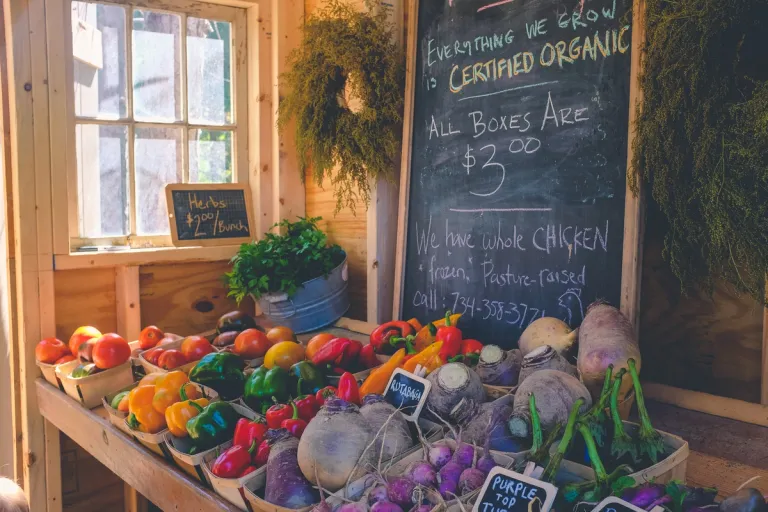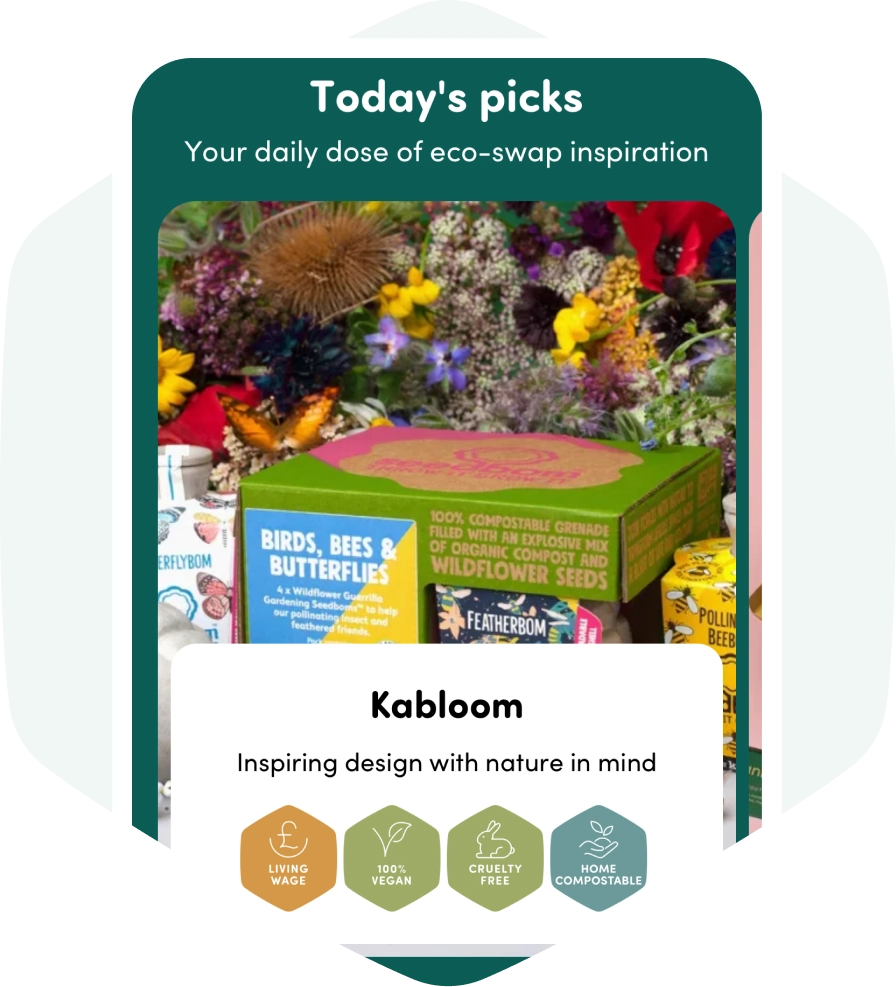What is palm oil?
Palm oil is a natural product that comes from the fruits of African oil palms. As the name suggests, these trees are indigenous to Africa, but a growing demand for palm oil means they’re now being grown at scale in tropical rainforest areas in Asia and South America, too. More than 72 million tonnes of palm oil was produced in 2020-2021.
What is palm oil used for?
Palm oil is such a common, versatile product that you might be better off asking what it’s not used for. Roughly half of all products on supermarket shelves – from shampoos and skin creams to pizza and chocolate – contain palm oil. It’s also used in animal feed and as a biofuel, particularly in developing countries.
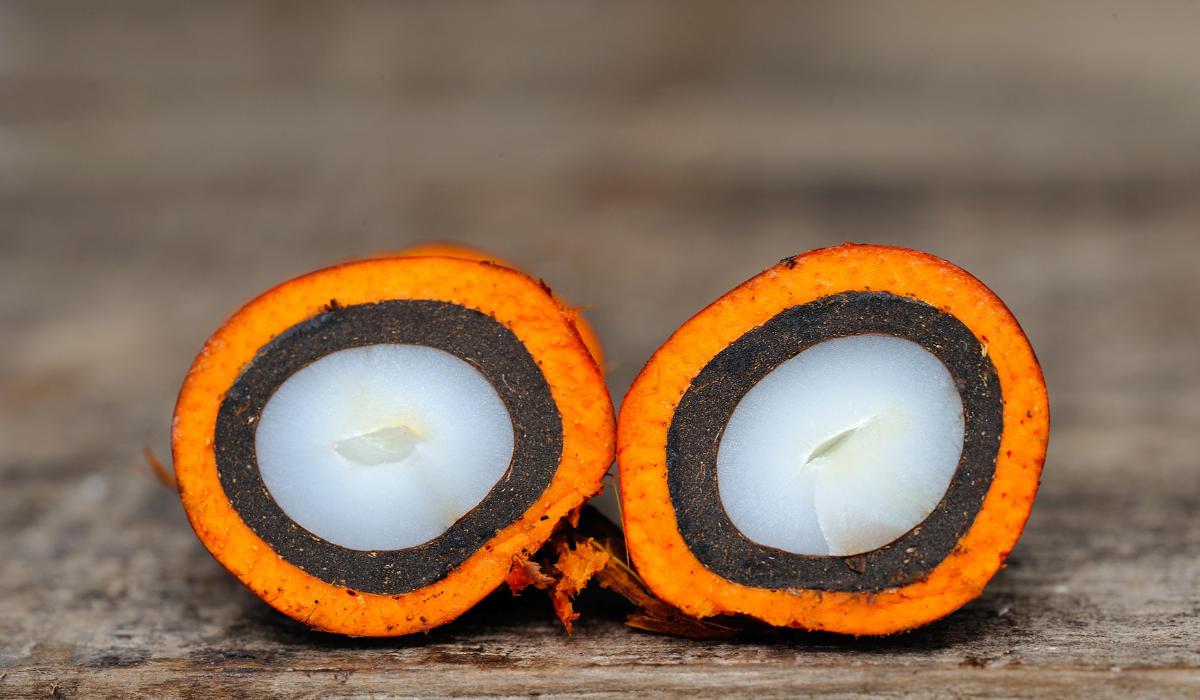
Why is palm oil so popular?
From a manufacturing standpoint, palm oil is the perfect combination of cheap, reliable and versatile. Its chemical makeup means its semi-solid at room temperature, so it keeps spreadable items spreadable. It’s resistant to oxidation, which gives products a longer shelf-life, and it’s stable at high temperatures, giving fried food products the ideal crispy texture. It’s also odourless and colourless, so it doesn’t affect the taste, smell or appearance of food items.
African oil palms grow abundantly all year around with minimal intervention, so as far as manufacturers are concerned, palm oil offers a lot of pros with hardly any cons. But in terms of the environment, there are a lot of cons.
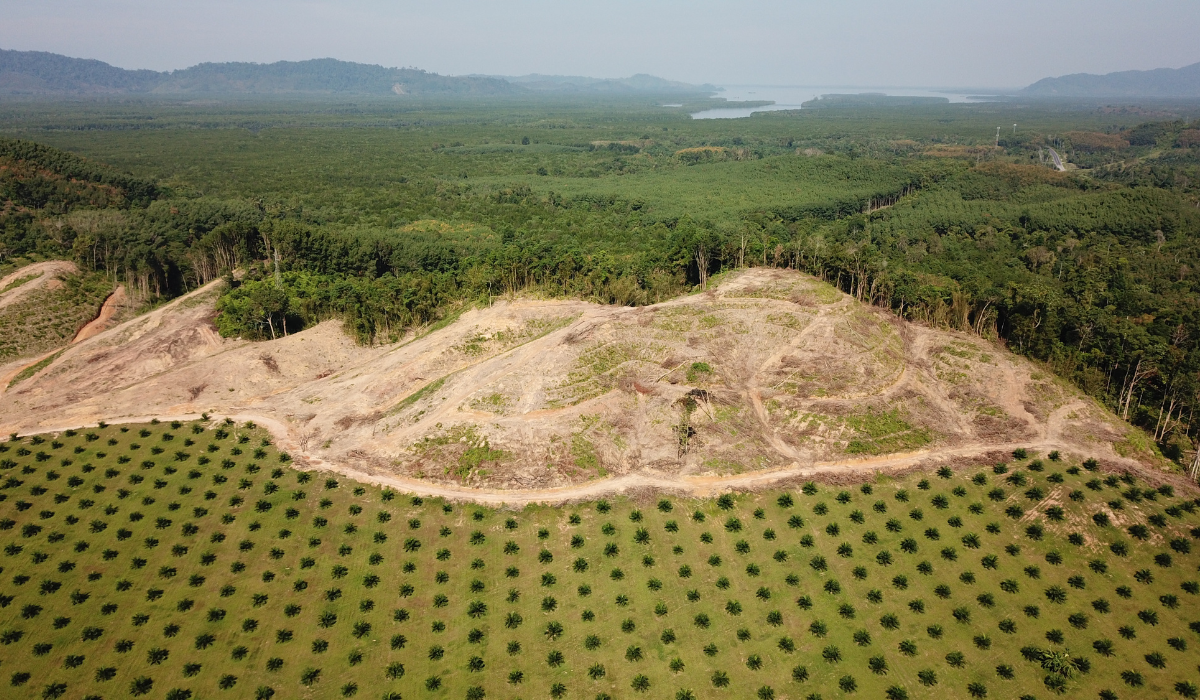
What is the environmental impact of palm oil?
- An insatiable market appetite for palm oil has led to widespread environmental devastation and social injustice.
- Huge swathes of rainforests are being cut down and burned to make way for oil palms. Some studies suggest that Earth has lost as much as 2% of its tree cover due to the pursuit of palm oil alone.
- This change in land use is a major contributor to greenhouse gas emissions (GHGs). In 2015, Indonesia cleared so much land for palm oil production using fires that the country became the fourth largest GHG emitter globally after China, the US and India.

- Removing trees and forests means fewer carbon sinks to absorb our growing CO2 emissions.
- Destroying forests for palm oil plantations wipes out critical habitats for animals such as orangutans, rhinos, tigers and elephants, which have nowhere else to go.

- Many palm oil plantations are run illegally, and are heavily linked to the exploitation of workers and child labour.
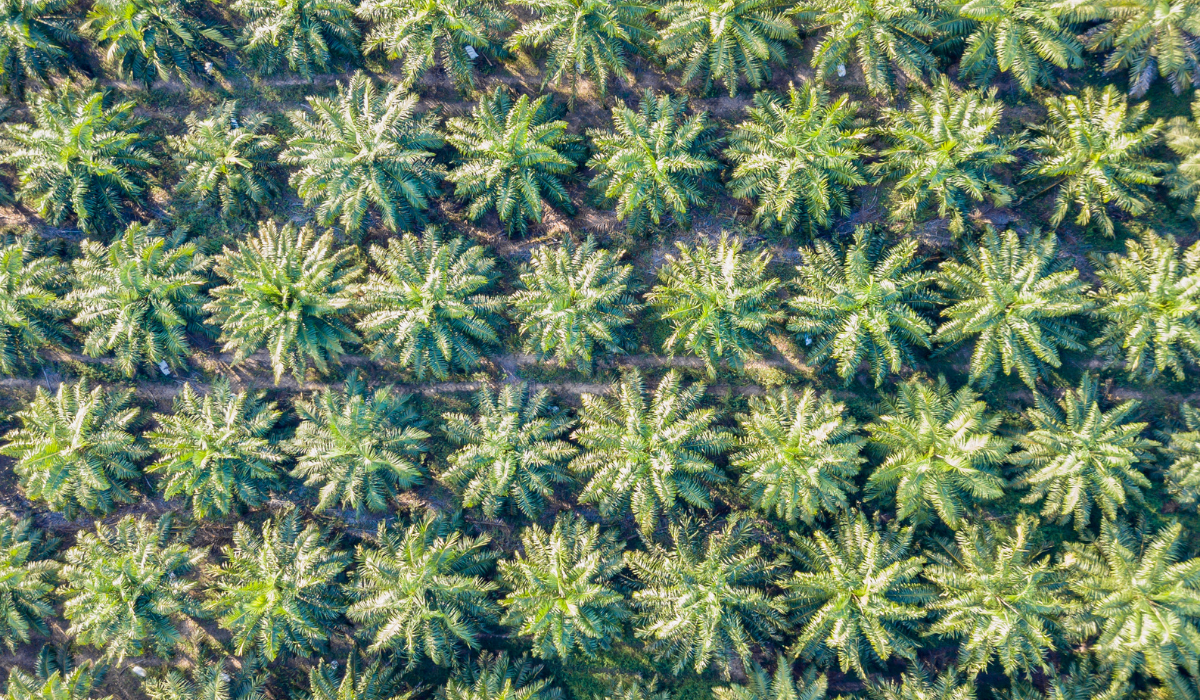
What are the alternatives to palm oil?
Another problem with palm oil is that there’s no easy switch. While there are viable alternatives such as soy, rapeseed and sunflower seed oil, none of them represent a ‘like-for-like’ alternative in terms of easy growth, versatility and crop yield.
In 2018, for example, global vegetable oil demand was 218 million tonnes. If palm oil was to account for all of this demand, we would need some 77 million hectares of land to grow palm crops. But if sunflower seed oil was to account for the total demand, we’d need to give over a much higher 306 million hectares. So simply switching away from palm oil could actually result in more deforestation.
And there are economic issues at hand, too. Palm oil is an important crop for the GDP of developing countries, and many small hold and family-run farms depend on palm oil for their livelihood.
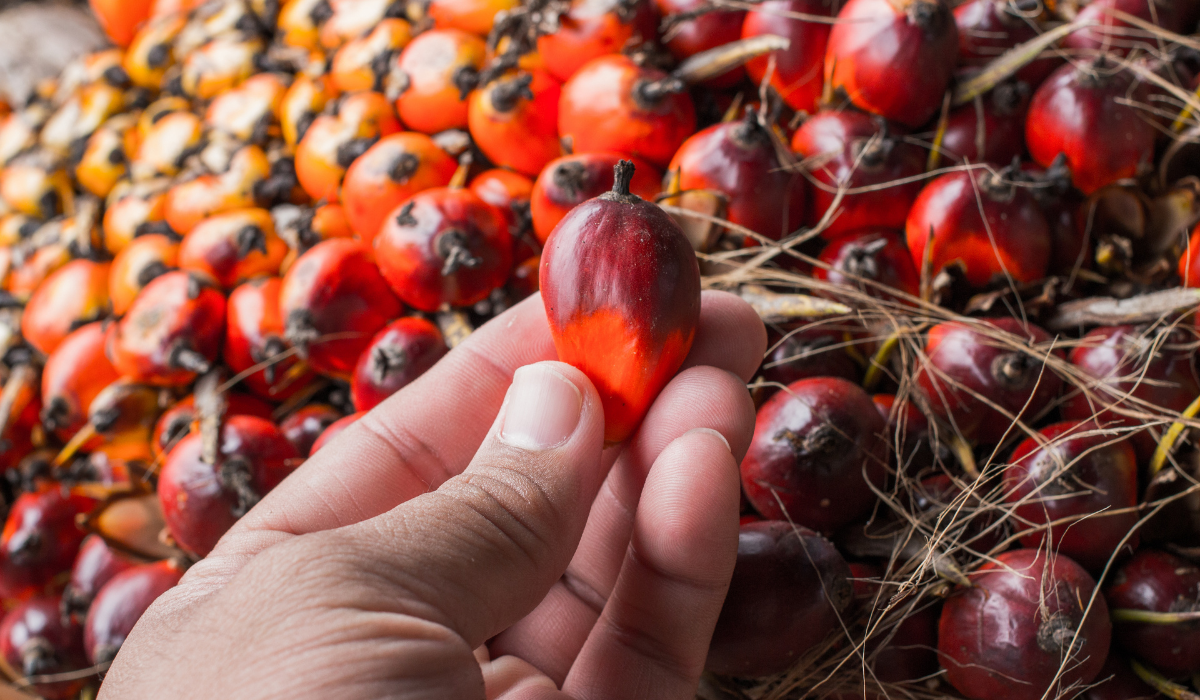
What’s the solution to the palm oil problem?
Simply banning palm oil is not a feasible solution – instead, we must demand sustainable change to the way it is produced and used.
As a consumer, the most impactful thing you can do is to vote with your wallet. The best option is to choose products that contain palm oil from sustainable sources, like those highlighted with our sustainable palm oil ethy trust mark.
Next best option is to choose palm oil-free products. A number of stores and manufacturers have committed to completely eradicating palm oil from their supply chains.
Our sustainable palm oil trust mark is built around criteria we developed with Efeca, a UK-based consultancy with over 75 years of experience in natural resources management. The organisation is a Tropical Forest Alliance partner, World Economic Forum preferred supplier, a UN Global Compact signatory and Accountability Framework initiative coalition member.
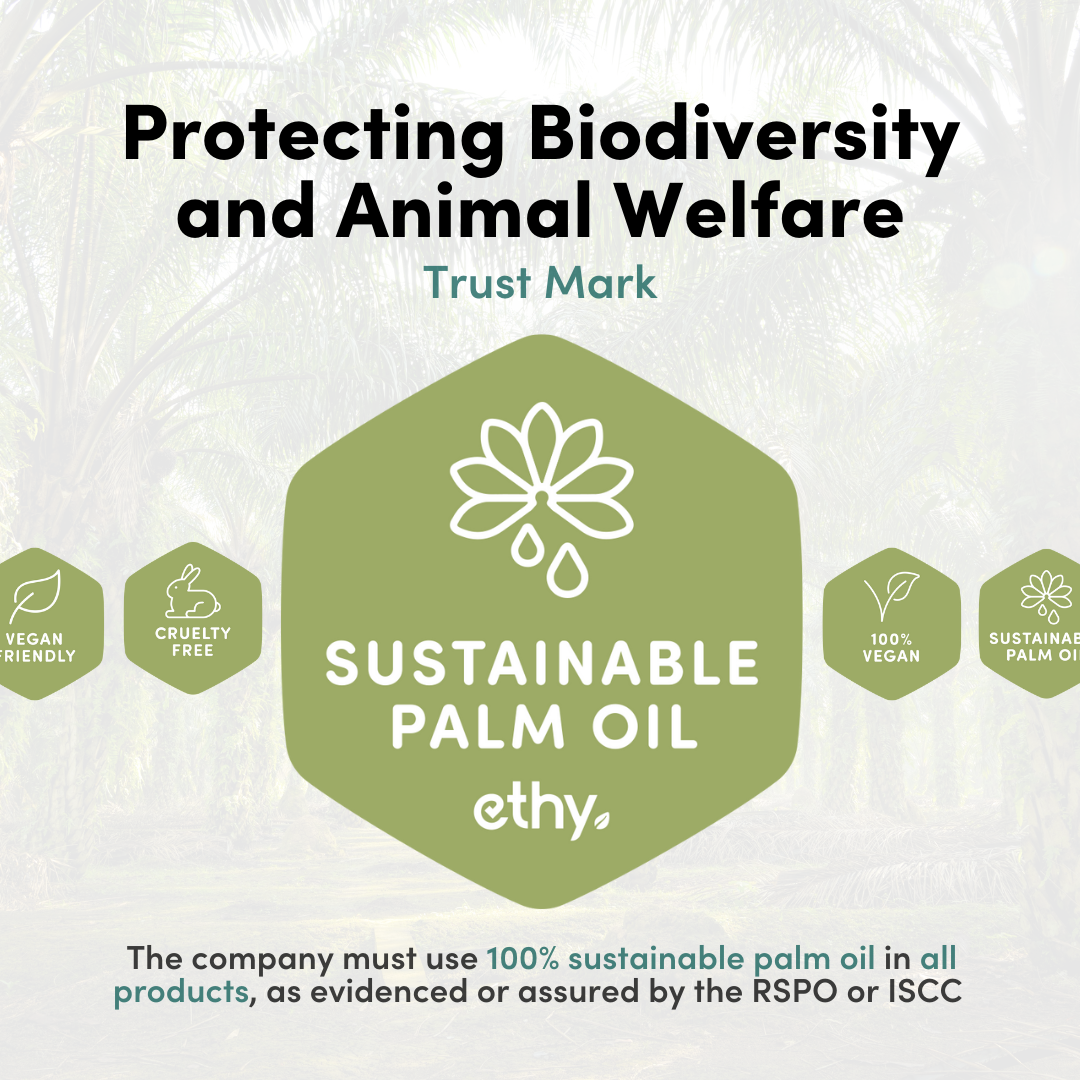
We worked with Efeca over several months to fully understand the impact of the global palm oil industry, and brands displaying our sustainable palm oil trust mark will have gone through a rigorous assessment to ensure their products truly are sustainable, and make as minimal an impact as possible.
Another identifier to look out for is the Roundtable of Sustainable Palm Oil (RSPO), which was set up to create a production standard in best practice for palm oil production and sourcing. Members of the group must adhere to incredibly strict guidelines to ensure palm oil’s continued use is as sustainable as possible. You can also check out WWF’s handy palm oil scorecard, which will tell you which brands are taking positive action on the issue.
Which brands use sustainable palm oil?
Look for brands and products that use the sustainable palm oil ethy trust mark. NOICE is a great example:
You may also like...
Sign up for our newsletter
Get the latest sustainability news delivered directly to your inbox.
